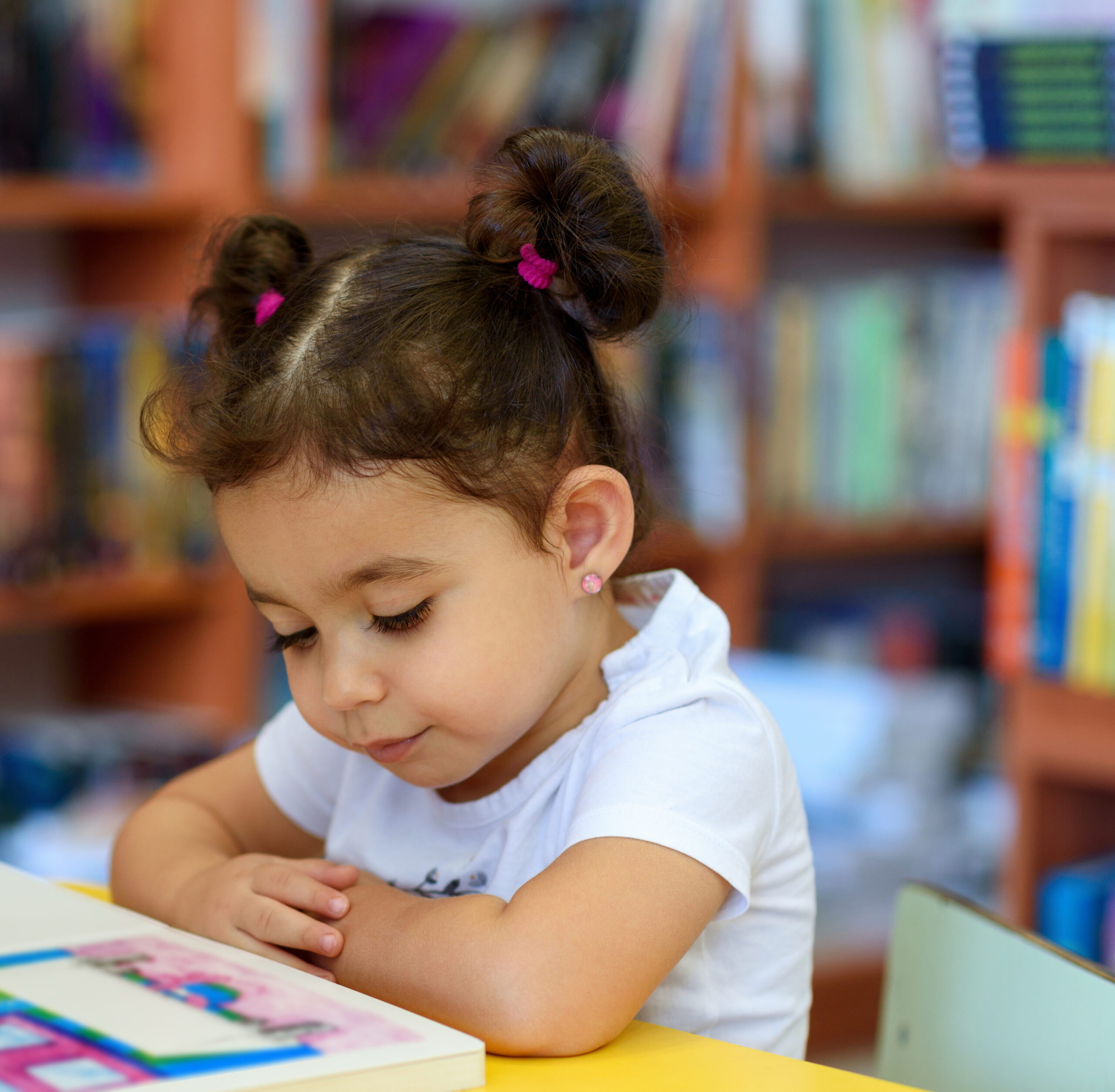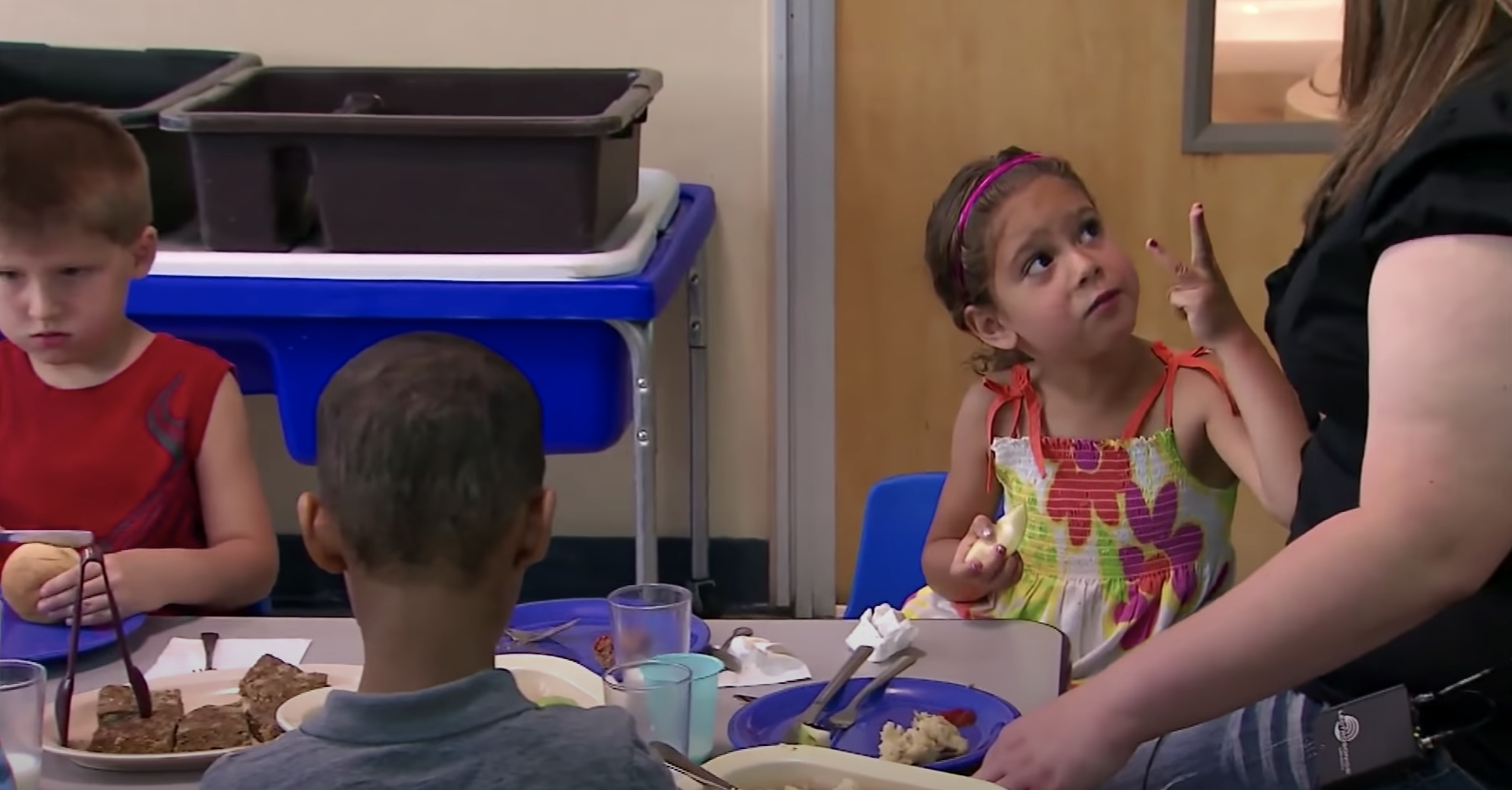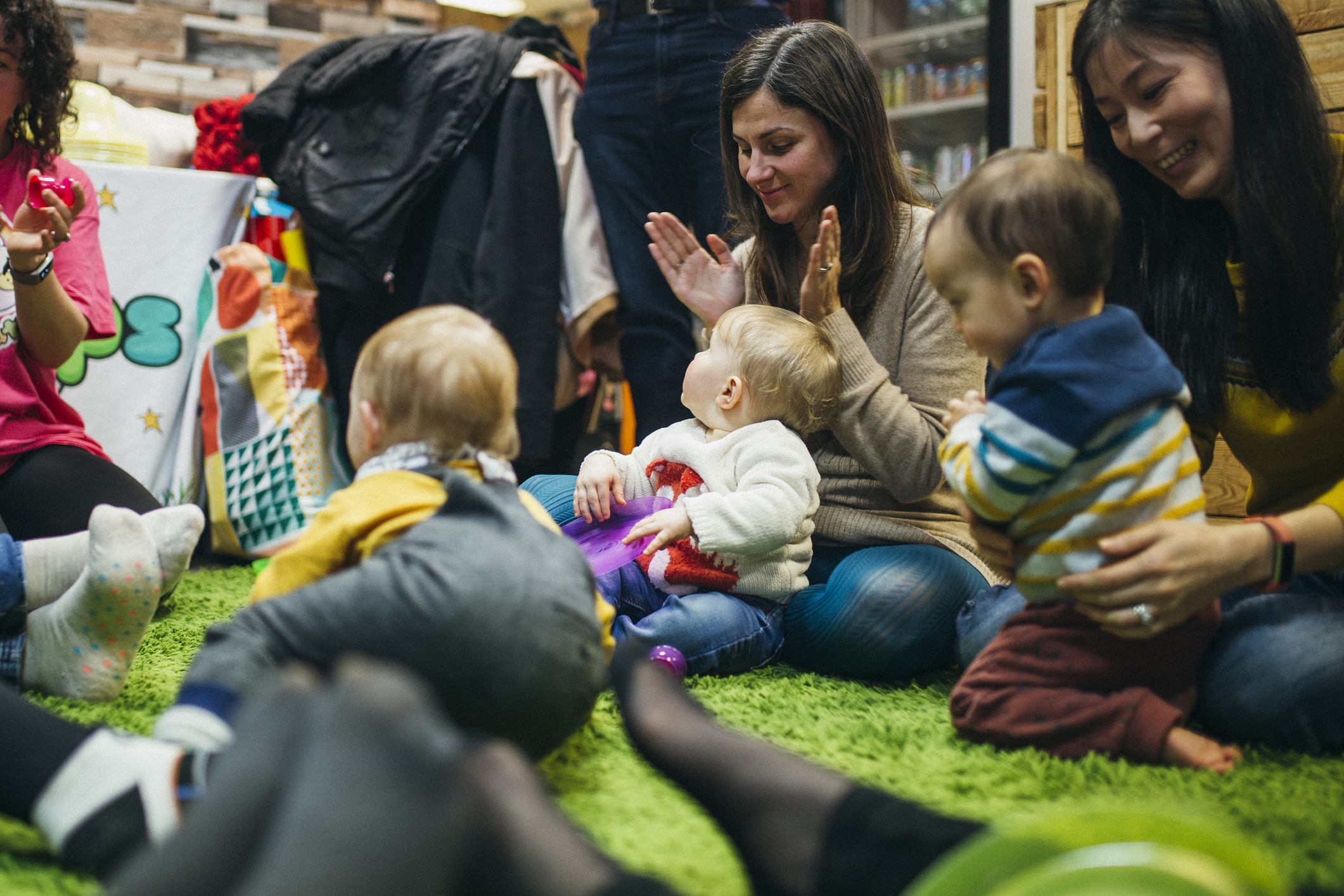Trauma-informed early education benefits children, family and staff.
Reducing negative behaviors in children enables more time-on-task with instruction, calmer classrooms, improved learning outcomes, and enhanced social and emotional growth. Giving staff the information they need to be trauma-informed strengthens their job satisfaction, and can result in lower staff turnover.
Since many young children are being raised by parents who were victims of maltreatment themselves, practitioners should support parents and caregivers to adopt healthier child-rearing practices to help break the cycle of intergenerational trauma.





